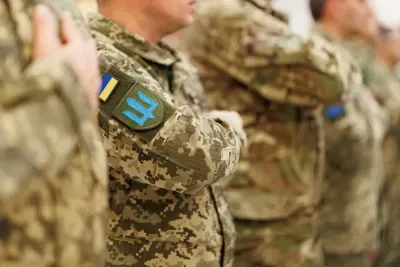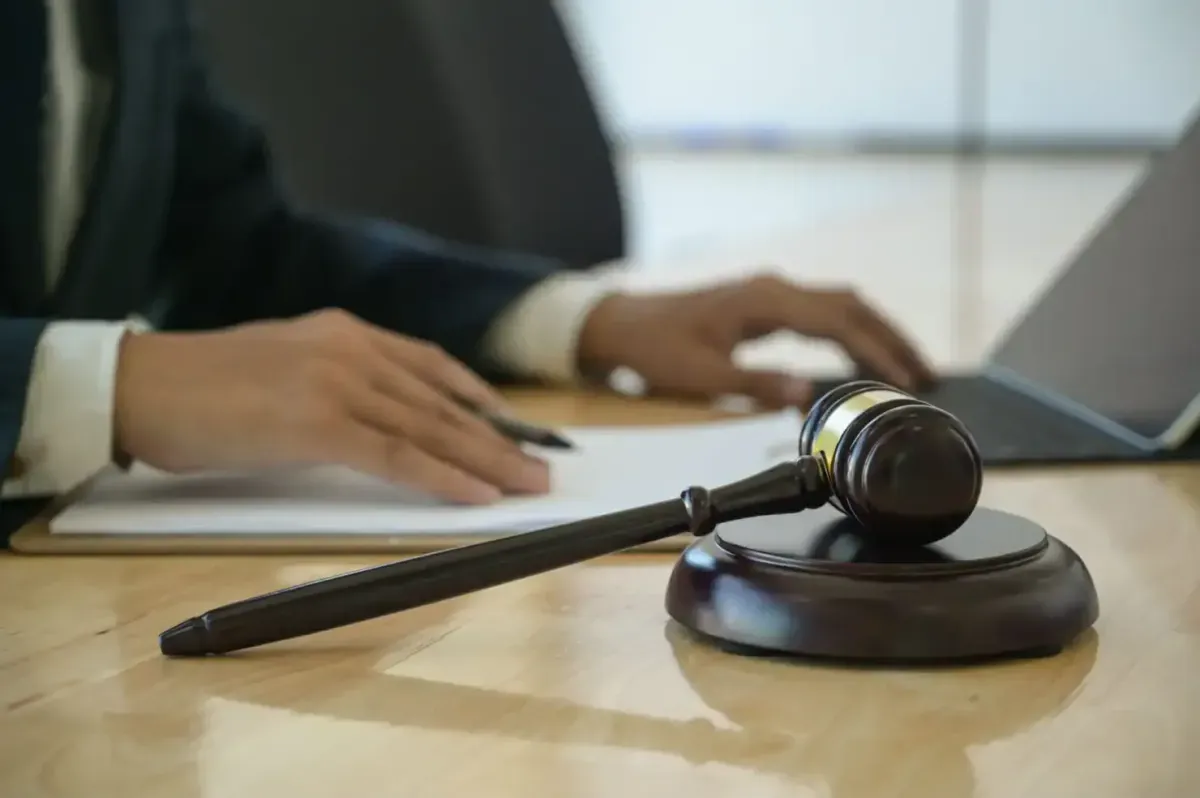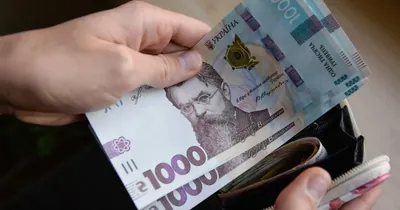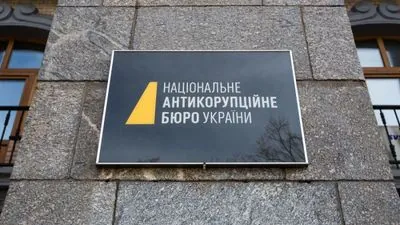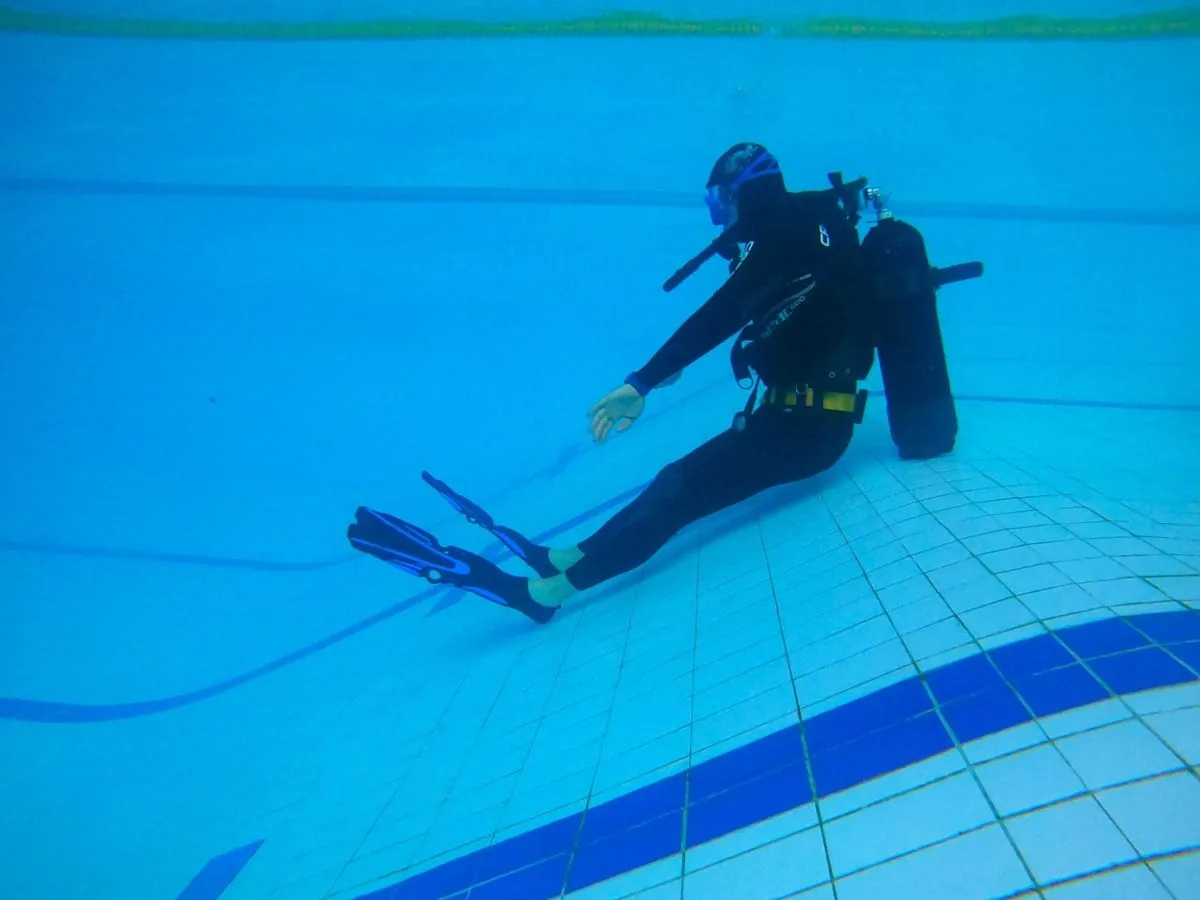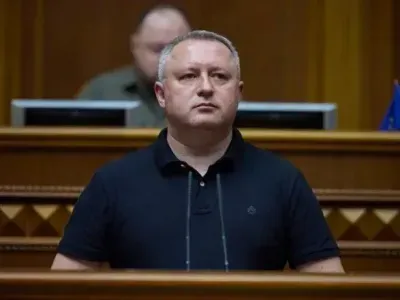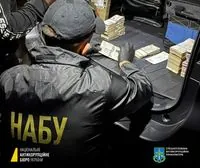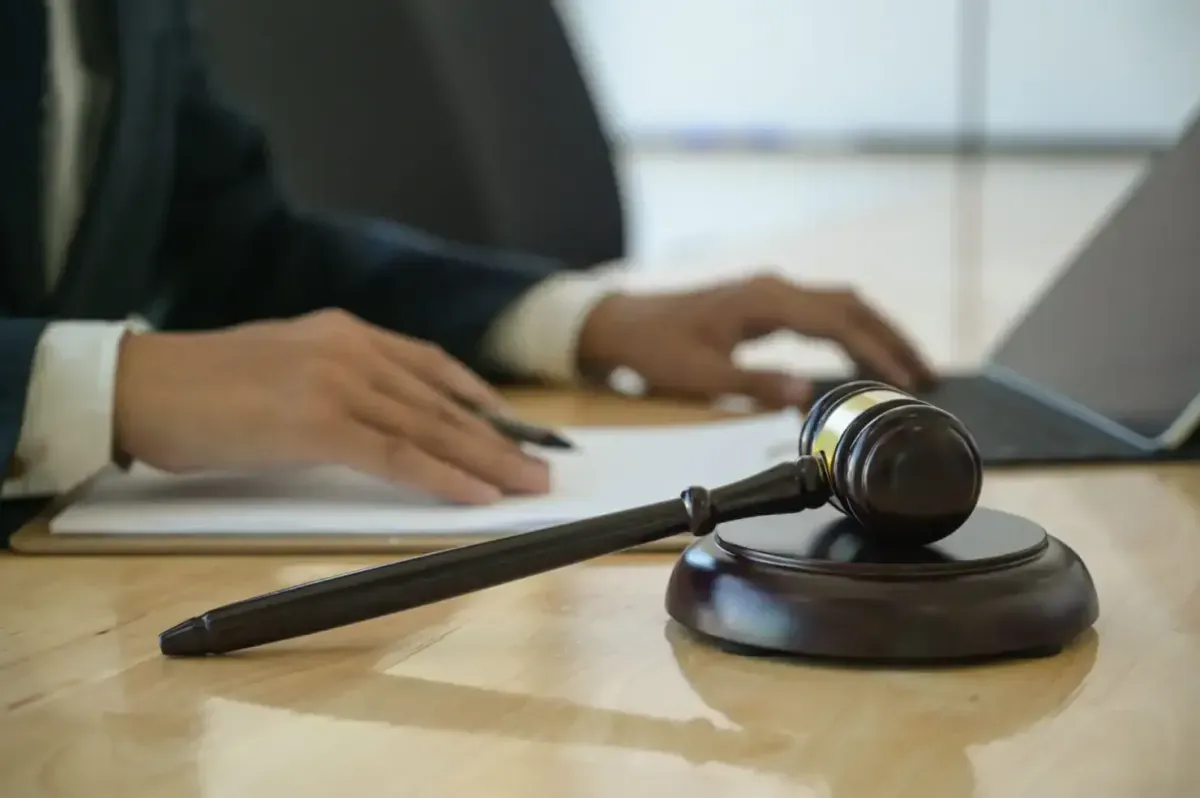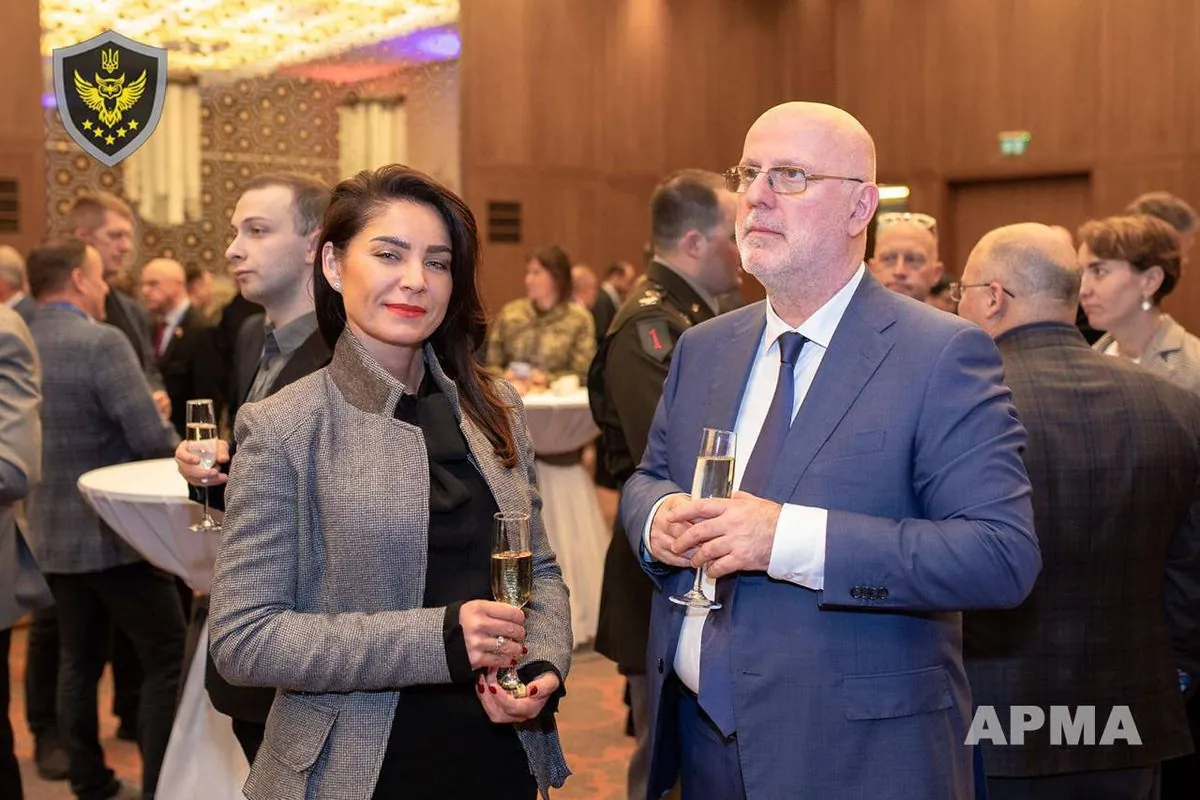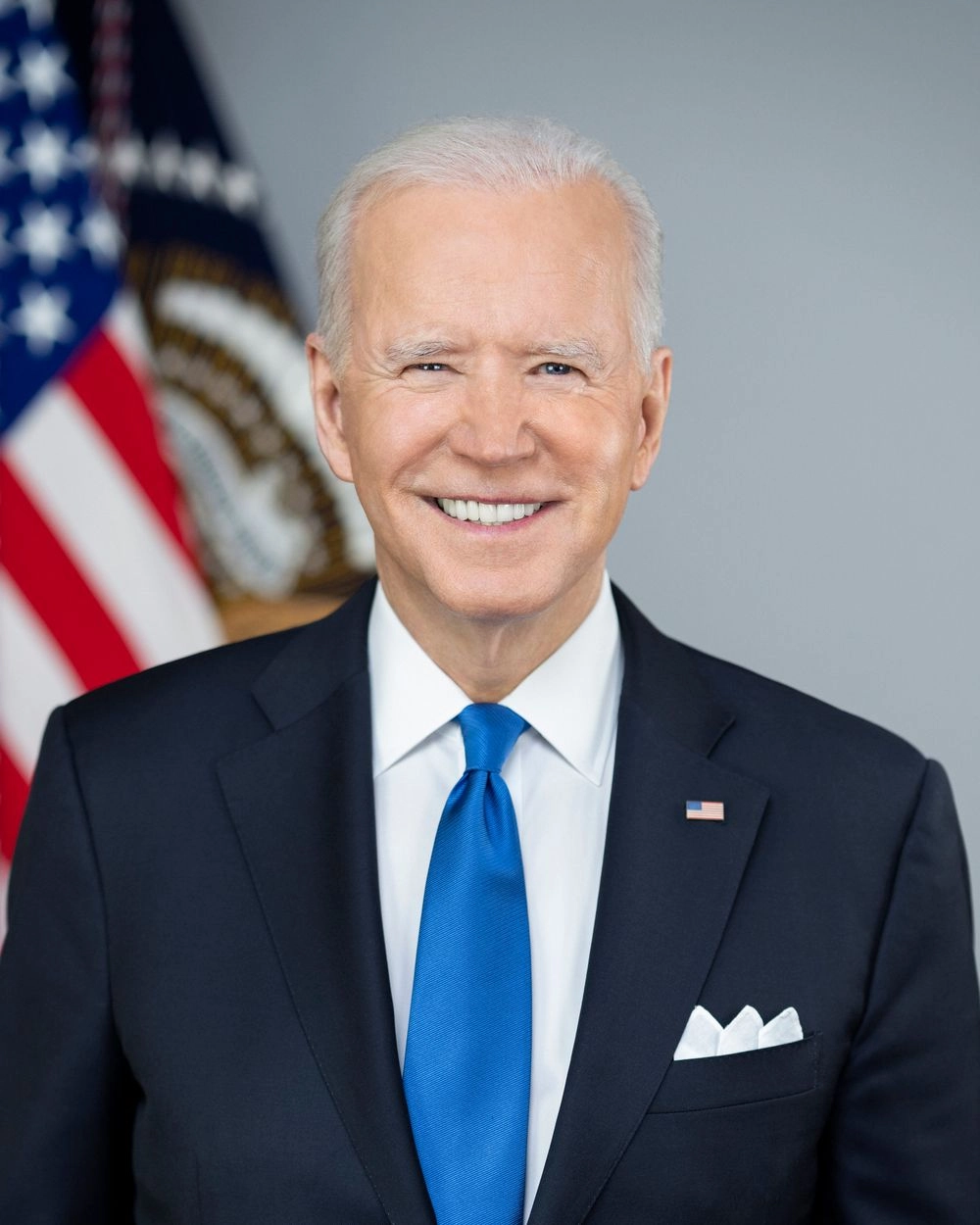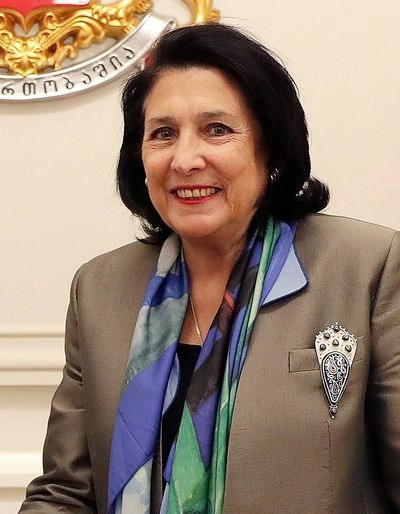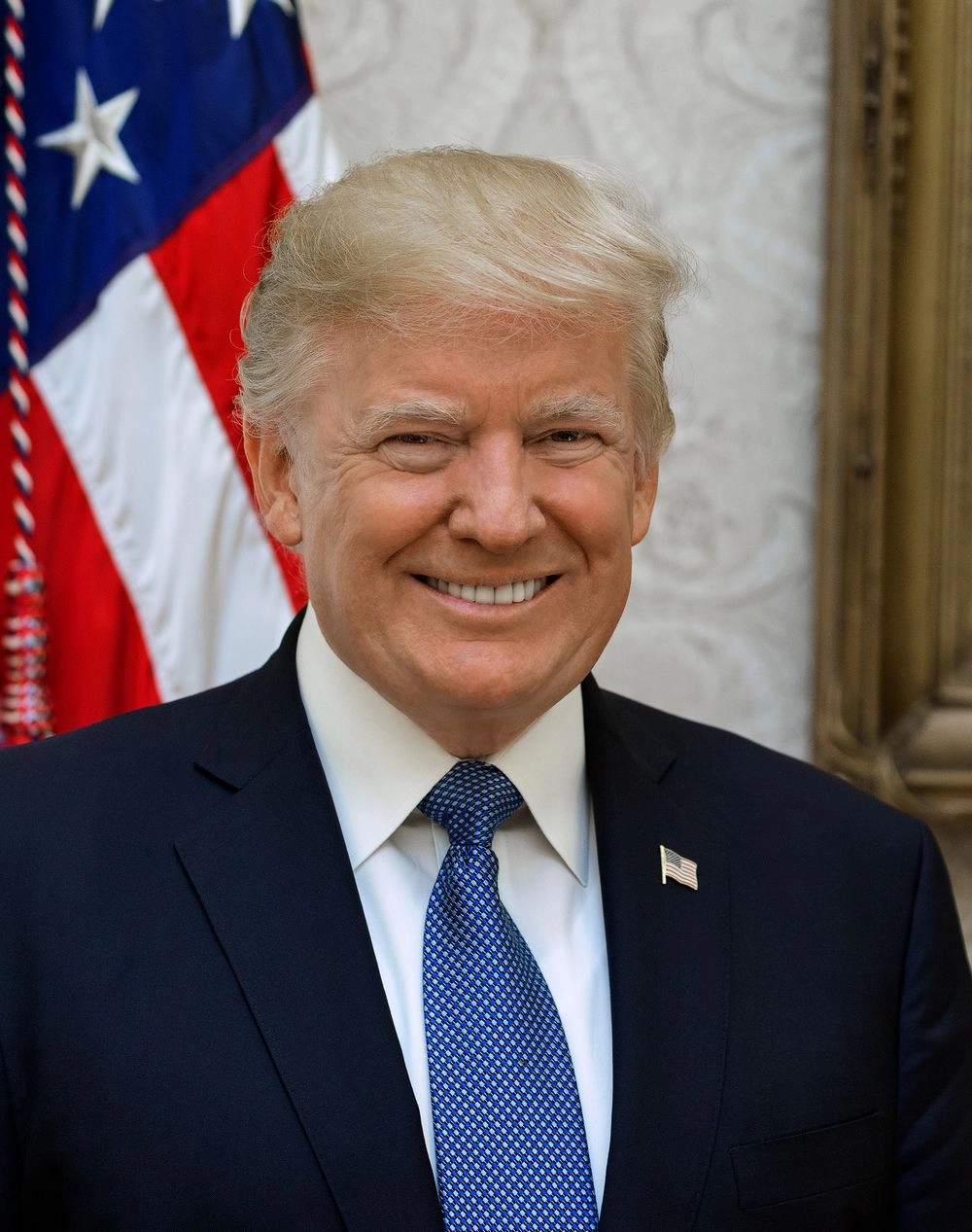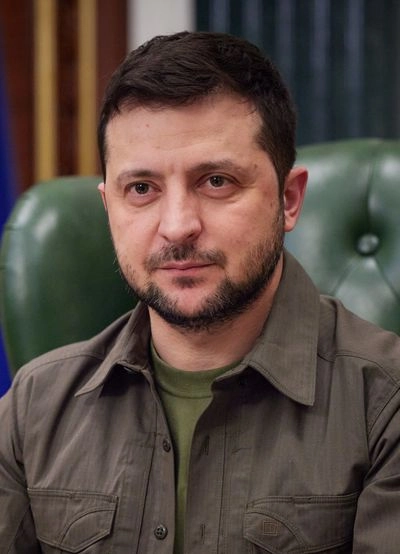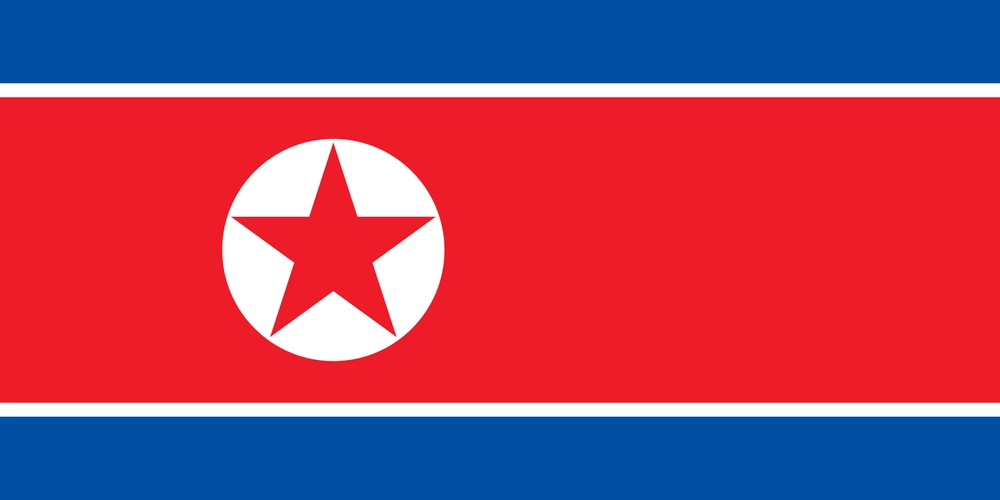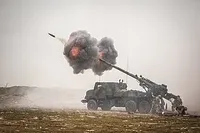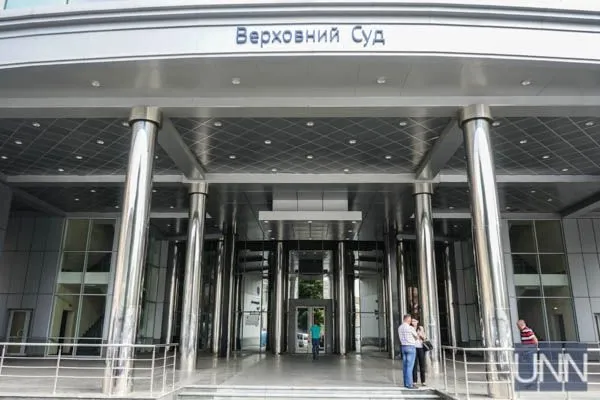
Three fatal mistakes. It has become known what violations of the Supreme Court judges the prosecutor in the case of ex-MP and FSB agent Shepelev complained about
Kyiv • UNN
It became known what violations of the Supreme Court judges the prosecutor complained about in the case of ex-MP - FSB agent Shepelev
UNN has obtained a complaint to the High Council of Justice filed by prosecutor Viktoria Orshavska against the judges of the Criminal Court of Cassation within the Supreme Court: Vyacheslav Marynych, Volodymyr Korol and Alla Makarovets, who decided to change the sentence of the former MP suspected of treason, contract killings and other financial and corruption crimes, FSB agent Oleksandr Shepelev, and wanted to release him.
In her complaint, the prosecutor listed all the violations committed by the panel of judges of the Supreme Court during the consideration of the defense's cassation appeal against the verdict of the Desnianskyi District Court of Kyiv, the legality of which was also confirmed by the Court of Appeal.
Closure of the bribery episode
In particular, judges Vyacheslav Marynych, Volodymyr Korol and Alla Makarovets overturned the verdict in part of Shepelev's conviction on the episodes related to the provision of an unlawful benefit for the failure of an official to act in the interests of the person providing such benefit by using his or her power and official position and for the provision of such an unlawful benefit committed repeatedly.
The Supreme Court closed the criminal proceedings in this part and reclassified Shepelev's actions to lighter charges, which are punishable by a fine or imprisonment for a term of 2 years. The reason, according to Orshavska, was that allegedly all the evidence on these episodes was obtained without entering information about the commission of criminal offenses into the URPTI.
"Thus, the court of cassation, in violation of Part 1 of Art. 433 of the CPC of Ukraine, according to which the court of cassation verifies the correctness of the application of substantive and procedural law by the courts of first instance and appeal, legal assessment of circumstances and has no right to examine evidence, establish and recognize as proven circumstances that were not established in the appealed court decision, to decide on the reliability of a particular evidence, independently examined the content of the extract from the Unified Register of Pre-trial Investigations (URPTI) and established the fact that the pre-trial investigation authorities did not have the authority to investigate the episodes of providing Shepelev O. O. Shepelev's bribery of officials," said prosecutor Orshavska.
As a result, the court of cassation decided to close the criminal proceedings in this part on the basis of paragraph 3 of part 1 of Article 284 of the CPC of Ukraine, because allegedly all the evidence on these episodes was obtained without entering information about the commission of criminal offenses in the URPTI.
The prosecutor emphasized in the complaint that the judges of the Supreme Court, examining the evidence and establishing the circumstances in violation of the CPC of Ukraine, did so incompletely and biasedly, since the extract from the URPTI shows that the pre-trial investigation body had entered information into the URPTI regarding several episodes. In particular, the decision of the courts of first instance states that on June 29, 2014, at approximately 14:00, Shepelev provided an undue benefit - money in the amount of UAH 500 - to the head of the SIZO guard Garibyan Y.S. Shepelev paid him so that Garibyan would not react to violations of the detention regime by the prisoner. Subsequently, Shepelev was transferred to the Kyiv City Clinical Emergency Hospital, where he repeatedly offered, promised and provided undue advantage to other officials of the Kyiv Pre-trial Detention Center, which helped him escape from custody.
Orshavska emphasized that the Supreme Court, in violation of the CPC of Ukraine, examined the evidence and established the circumstances and came to the conclusion that it was necessary to close the criminal proceedings in respect of other episodes, which, in the court's opinion, were not registered in the URPTI. The decision of the Supreme Court is final and not subject to appeal, unlike the courts of first instance and appellate courts, which, according to the CPC, can examine evidence and establish circumstances.
Credit for time served in pre-trial detention on other charges
By merging a lesser sentence with a more severe one, the Supreme Court judges determined Shepelev's final sentence of 7 years' imprisonment.
However, the prosecutor points out that judges Vyacheslav Marynych, Volodymyr Korol and Alla Makarovets illegally counted Shepelev's pre-trial detention from February 8, 2018 to December 29, 2022 at the rate of one day of pre-trial detention for two days of imprisonment, i.e. applying the "Savchenko law" to him.
Orshavska noted that the Law of Ukraine "On Amendments to the Criminal Code of Ukraine on Improving the Procedure for the Court to Credit the Term of Pre-trial Detention to the Sentence" stipulates that the court may credit the term of pre-trial detention in case of conviction to imprisonment only within the same criminal proceedings.
"The court of cassation, counting the period of pre-trial detention of Shepelev O.O. from 08.02.2018 to 29.12.2022, which was applied to him within another criminal proceeding, in criminal proceedings No. 42014100000000771, did not explain in any way: in this regard, the prescription of the criminal law, to which the court itself refers, was ignored. Is it possible to apply Part 5 of Article 72 of the Criminal Code of Ukraine (as amended by Law No. 838-VIII) within the framework of another criminal proceeding if a guilty verdict is delivered in the said criminal proceeding and if the term of pre-trial detention has already been credited within the criminal proceeding No. 42014100000000771?" the prosecutor said.
Credit for serving the sentence for staying in a pre-trial detention center in Russia
In addition, the Supreme Court credited the time spent by the former MP, an FSB agent, in custody in Russia from March 19, 2015 to July 8, 2016 in connection with the decision on his extradition to Ukraine.
The prosecutor noted that the CPC of Ukraine stipulates that the time of detention of the extradited person in the territory of the requested state in connection with the decision on extradition to Ukraine, as well as the time of his transfer, is counted towards the total term of serving the sentence imposed by the verdict of the Ukrainian court. Therefore, the Criminal Procedure Law defines a mandatory condition for the period of detention in the territory of the requested state in connection with the decision on extradition to Ukraine, as well as the time of his/her transfer, to be included in the total term of serving the sentence imposed by the verdict of a Ukrainian court - the fact that the requested state extradited such a person to the competent authorities of Ukraine.
Orshavska recalled that Russia refused to extradite FSB agent Shepelev to Ukraine and released him from custody.
"Therefore, Shepelev O.O. did not acquire the status of a person to whom the provisions of part 1 of Article 577 of the CPC of Ukraine can be applied, therefore, the court of cassation, unlike the courts of first and appellate instances, illegally counted the time of Shepelev O.O.'s detention in custody on the territory of the requested state of the Russian Federation in connection with the decision on extradition to Ukraine, namely from 19.03.2015 to 08.07.2016, to the total term of serving the sentence imposed by the verdict of the Desnianskyi District Court of Kyiv of 07.08.2020," the prosecutor noted in her complaint.
These violations led the Supreme Court judges to decide that Shepelev had fully served his sentence under the verdict of the Desnianskyi District Court of Kyiv in the case of escape from custody.
The prosecutor in the complaint asks the HCJ to bring Supreme Court judges Vyacheslav Marynych, Volodymyr Korol and Alla Makarovets to disciplinary responsibility.
We will remind
Earlier we told that prosecutor Victoria Orshavska filed a complaint with the HCJ against Supreme Court judges Korol V.V., Marynych V.K. and Markovets A.M., who considered the cassation in Shepelev's case and on July 6, 2023, changed the verdict of the courts of previous instances.
According to the automatic distribution, the appeal in Shepelev's case will be considered by the first ever judge-member of the HCJ who is fighting on the front against Russia, Olena Kovbiy.
In addition, it turned out that Shepelev was valuable to Russia because he was an agent of the Russian special services. This is evidenced by documents written by him. In particular, an explanatory note to the FSB director. This is also confirmed by his active position on justifying Russian aggression and the annexation of Crimea, which he expressed during his communication with FSB representatives.
As it turned out, Shepelev also supported and worked for terrorist quasi-republics and considers the "dpr" his home and homeland. Experts interviewed by UNNhave previously questioned the objectivity of the Supreme Court's decision, speaking openly about the corruption component.


